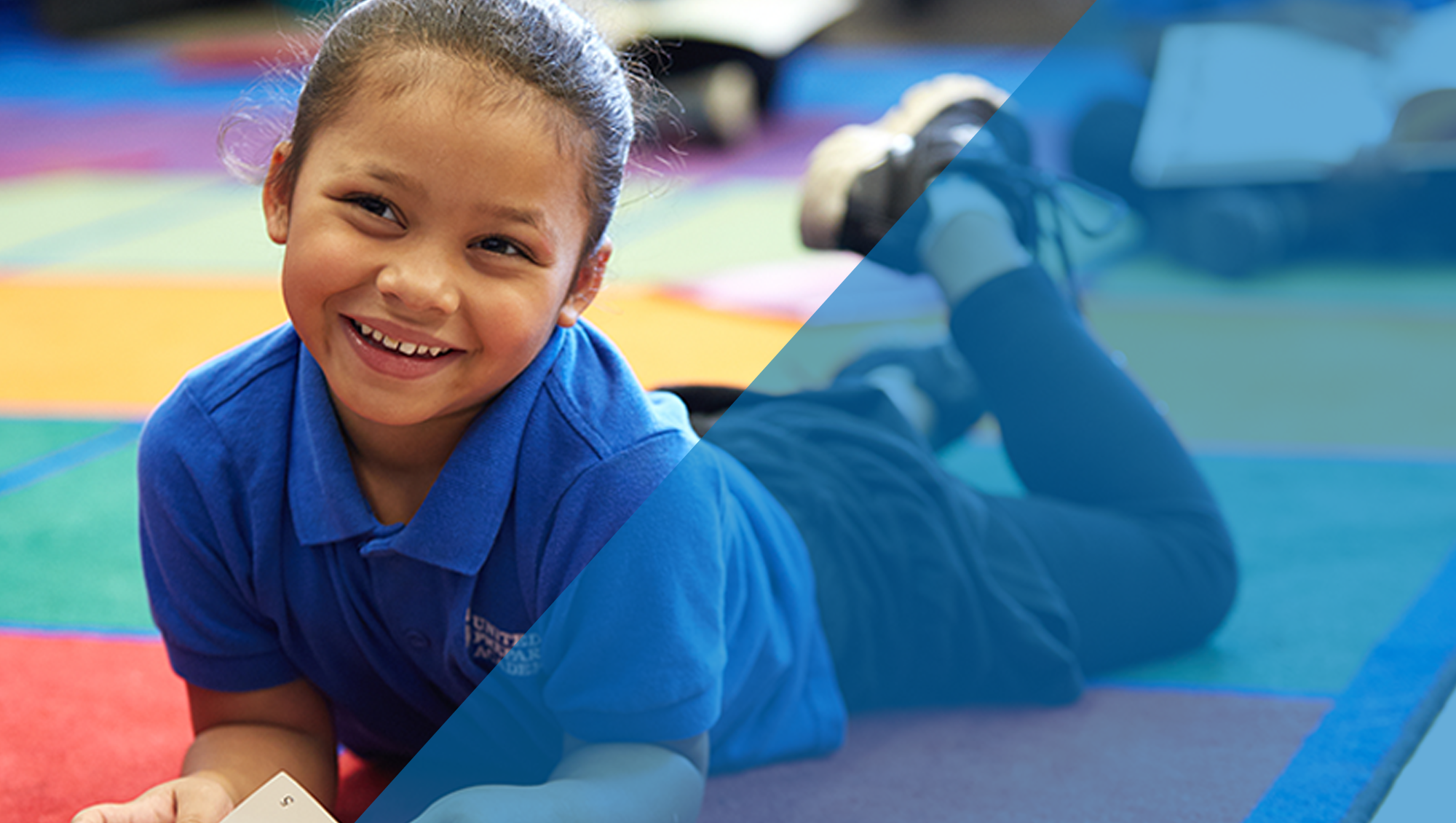In our organizations, theory must be the basis of all investigation, and the basis for any action we take to improve systems within our organizations has to include testing our theories. The Theory of Knowledge is all about where our knowledge comes from that we use in these improvement efforts. This knowledge has temporal spread.
Read MoreAs schools consider how to restart in the fall, some are galvanizing their community to consider this an opportunity for reinvention, a way to rethink how we educate our young, while others simply want to get students back in the building and return as quickly and safely as possible to the normal that existed prior to the pandemic. Regardless of a school’s position on the spectrum from restart to reinvention, a more sophisticated manner in which to analyze student engagement and track efforts to improve engagement will be necessary.
Read MoreFor the last two months, my colleague Ben Pacht and I have been writing about the work we are doing at United Schools Network (USN) in response to the COVID-19 pandemic and the subsequent school closure order in Ohio (see here, here, and here). In this fourth post in the series, we’ll summarize some key points we’ve made before, plus offer a few ideas specific to measuring and analyzing remote learning engagement.
Read MoreAs we are all aware, the COVID-19 pandemic has fundamentally altered how our society has functioned over the past few months. The education sector is no exception. As science teachers can attest, one of the unfortunate, enduring realities for life on this planet is that a minuscule virus, just microns in diameter, can leave an outsized impact on life as we know it. Yet a second enduring reality is that the form of life known as Homo sapiens is awfully resilient, and educators across the country are thinking creatively to ensure continuity of education for our students in a remote setting.
Read More




